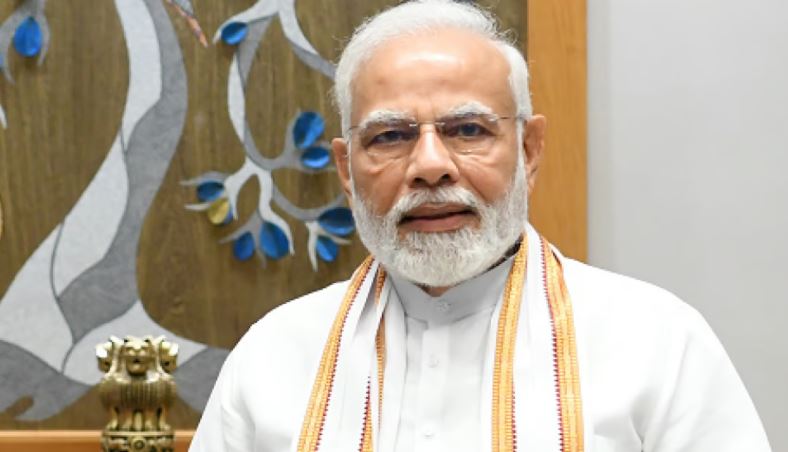Prime Minister Narendra Modi, presiding over the NITI Aayog’s Governing Council meeting in New Delhi, underscored the imperative for India to actively cultivate an environment conducive to international investment. In his address, he accentuated the current decade as an era marked by transformative technological and geopolitical shifts, presenting a plethora of opportunities for India’s advancement. Modi’s vision for India’s ascension as a developed nation hinges on capitalizing on these opportunities and fostering policies that attract global investment.
Viksit Bharat @2047: India’s Ambitious Economic Transformation
The Prime Minister spearheaded deliberations on the strategic blueprint for “Viksit Bharat @2047,” an ambitious vision document aimed at propelling India towards becoming a $30 trillion economy by 2047. The summit, held at the Rashtrapati Bhavan Cultural Centre, saw the convergence of key stakeholders, including chief ministers, lieutenant governors, union ministers, and NITI Aayog officials.
Navigating Challenges: Dissent and Disruptions
The proceedings were not without their share of controversy. West Bengal Chief Minister Mamata Banerjee’s dramatic exit, citing “discrimination” and curtailed speaking time, was promptly countered by an official fact-check from the Press Information Bureau (PIB). The PIB clarified that the time allocated to each speaker was predetermined, and Banerjee’s early slot was granted as a special accommodation. This incident, however, did not overshadow the meeting’s overarching focus on collaborative governance and policy formulation.
A Vision for Inclusive Growth
The ninth meeting of the NITI Aayog’s Governing Council, the first since the May General Elections, emphasized the significance of participatory governance and the collaborative efforts of the central and state governments. The overarching aim is to enhance the quality of life for all citizens, bridging the rural-urban divide through effective implementation of government initiatives. Furthermore, the meeting delved into the crucial role of states in realizing the audacious goal of “Viksit Bharat @2047.”
Charting the Path Forward
The summit also built upon the recommendations of the 3rd National Conference of Chief Secretaries, held in December 2023, which focused on five key areas: drinking water, electricity, health, schooling, and land and property rights. These themes, collectively addressing “Ease of Living,” are integral to India’s developmental trajectory.
Despite the absence of several opposition leaders, who cited a “discriminatory Union budget” as their reason for boycotting the event, the meeting remained a significant platform for dialogue and policy formulation. The recent expansion of the Governing Council, with the inclusion of ministers from BJP’s allies, further reinforced the spirit of collaboration and inclusivity.
Key Takeaways:
- Prime Minister Modi emphasized the need for India to attract international investment.
- The “Viksit Bharat @2047” vision document aims to propel India into a $30 trillion economy by 2047.
- The NITI Aayog’s Governing Council meeting focused on collaborative governance and enhancing the quality of life for all citizens.
- The meeting addressed key themes like drinking water, electricity, health, schooling, and land and property rights.
- Despite some boycotts from opposition leaders, the meeting served as a crucial platform for policy dialogue and collaboration.
Soumya Smruti Sahoo is a seasoned journalist with extensive experience in both international and Indian news writing. With a sharp analytical mind and a dedication to uncovering the truth, Soumya has built a reputation for delivering in-depth, well-researched articles that provide readers with a clear understanding of complex global and domestic issues. Her work reflects a deep commitment to journalistic integrity, making her a trusted source for accurate and insightful news coverage.



